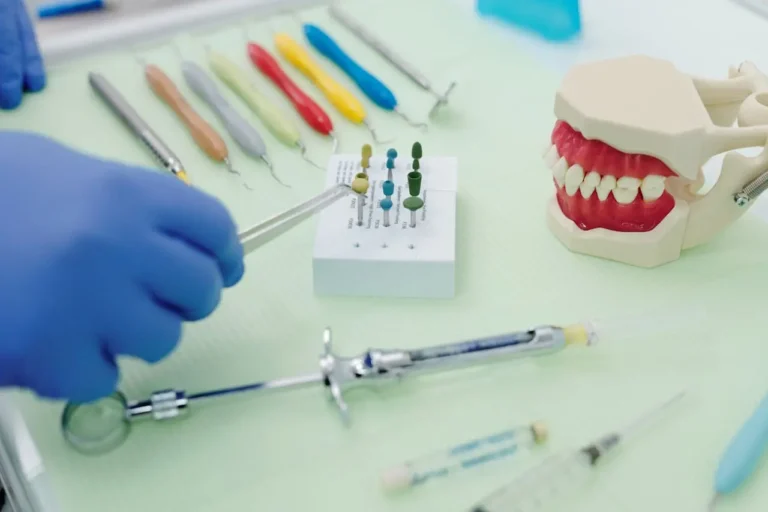
Exact Sciences Corp. (NASDAQ: EXAS), a leader in cancer screening and diagnostic tests, will present three key abstracts at the American Association for Cancer Research (AACR) Special Conference on Liquid Biopsy, taking place November 13-16, 2024, in San Diego, CA. The presentations will highlight significant advancements in the development of a multi-cancer early detection (MCED) test.
One abstract will reveal data from a study using a new multi-biomarker approach, which showed improved sensitivity for detecting both early-stage and overall cancers. Another analysis will estimate that incorporating MCED testing into standard screening could reduce stage IV cancer incidence and lower cancer mortality rates over the next decade. Additionally, findings from the DETECT-A study suggest that adding MCED testing to existing lung cancer screening protocols enhances detection without impacting adherence to current guidelines.
According to Tom Beer, M.D., Chief Medical Officer and Vice President of Multi-Cancer Early Detection at Exact Sciences, “Cancer is projected to become the leading cause of death in the U.S. by 2030, and currently, only about 14% of cancers are diagnosed through screening. This underscores a critical gap in patient care. MCED testing represents our best opportunity to address this issue, and we are committed to advancing multi-cancer screening to save lives.”
Key Findings and Study Results
Exact Sciences’ new study focuses on a multi-biomarker MCED test that combines DNA mutations, methylation, and protein (MP) biomarkers to improve cancer detection at earlier stages. The results demonstrated a notable increase in sensitivity for early-stage cancer detection when using this new biomarker class approach.
- Stage I cancers: Sensitivity increased by 28% when incorporating the new test approach.
- Stage I/II cancers: Sensitivity improved by 12.5% when including both early-stage cancers.
This enhanced sensitivity was achieved without compromising specificity (98.5%), suggesting a more effective method for detecting cancers earlier and potentially improving outcomes.
The data from this study will help refine the design of Exact Sciences’ Cancerguard™ test, which is currently under development. Cancerguard™ aims to leverage the combined sensitivity of multiple biomarker classes to detect a wider range of cancers in their earliest, most treatable stages.
Presentations at AACR 2024
Exact Sciences will feature three abstracts at the AACR Special Conference, highlighting key developments in MCED:
- Title: Performance of multi-biomarker class reflex testing in a prospectively-collected cohort
Poster Session: Thursday, November 14, 5:15 – 7:15 p.m. PT (Session A)
Key Findings: This analysis from a case-control study demonstrates the enhanced sensitivity of a three-biomarker class MCED test (DNA methylation, protein, DNA mutation reflex, or MP-r). Sensitivity for stage I cancers improved by 28%, and sensitivity for early-stage cancers (stage I/II) increased by 12.5%. - Title: The potential of multi-cancer early detection screening for reducing cancer mortality
Oral Presentation: Friday, November 15, 9:35 a.m. PT (Plenary Session 4: Early Detection of Primary Cancer and Relapse)
Key Findings: New modeling suggests that adding MCED testing to standard care could lead to a 42% reduction in stage IV cancer incidence and a 17% reduction in cancer mortality over the next decade. - Title: Lung cancer screening adherence among participants in DETECT-A, the first prospective interventional trial of a multi-cancer early detection (MCED) blood test
Poster Session: Thursday, November 14, 5:15 – 7:15 p.m. PT (Session A)
Key Findings: Data from the DETECT-A study show that lung cancer screening adherence was not negatively affected by the addition of an MCED test, indicating that the test can complement existing lung cancer screening programs.
The DETECT-A Study
The DETECT-A study, a groundbreaking interventional trial, was the first to use a blood test for multi-cancer detection in a real-world setting. The study enrolled over 10,000 women with no prior cancer history and assessed whether a blood test, combined with standard screening, could detect cancers before symptoms appeared. The CancerSEEK test, a precursor to the Cancerguard™ test, was used in DETECT-A and demonstrated the potential of a multi-cancer blood test to detect multiple cancers at early stages.
About the Cancerguard™ Test
The Cancerguard™ test is a next-generation MCED test currently under development by Exact Sciences. It is designed to detect multiple types of cancer from a single blood draw at the earliest stages, improving the chances of successful treatment. The test will combine various biomarker classes to boost sensitivity while maintaining high specificity to reduce false positives. It aims to simplify cancer screening by providing a streamlined diagnostic pathway, reducing unnecessary follow-up procedures and improving patient outcomes.
Exact Sciences is dedicated to advancing this technology, with the goal of making it available as a routine screening tool for early cancer detection. However, Cancerguard™ has not yet been cleared or approved by the U.S. Food and Drug Administration (FDA) or any other national regulatory authority.
Conclusion
Exact Sciences continues to push the boundaries of cancer early detection, with the aim of improving survival rates and transforming patient care. The findings presented at AACR 2024 demonstrate the promise of MCED testing and underscore the company’s commitment to advancing multi-cancer screening technologies that could revolutionize the way cancers are detected and treated.




